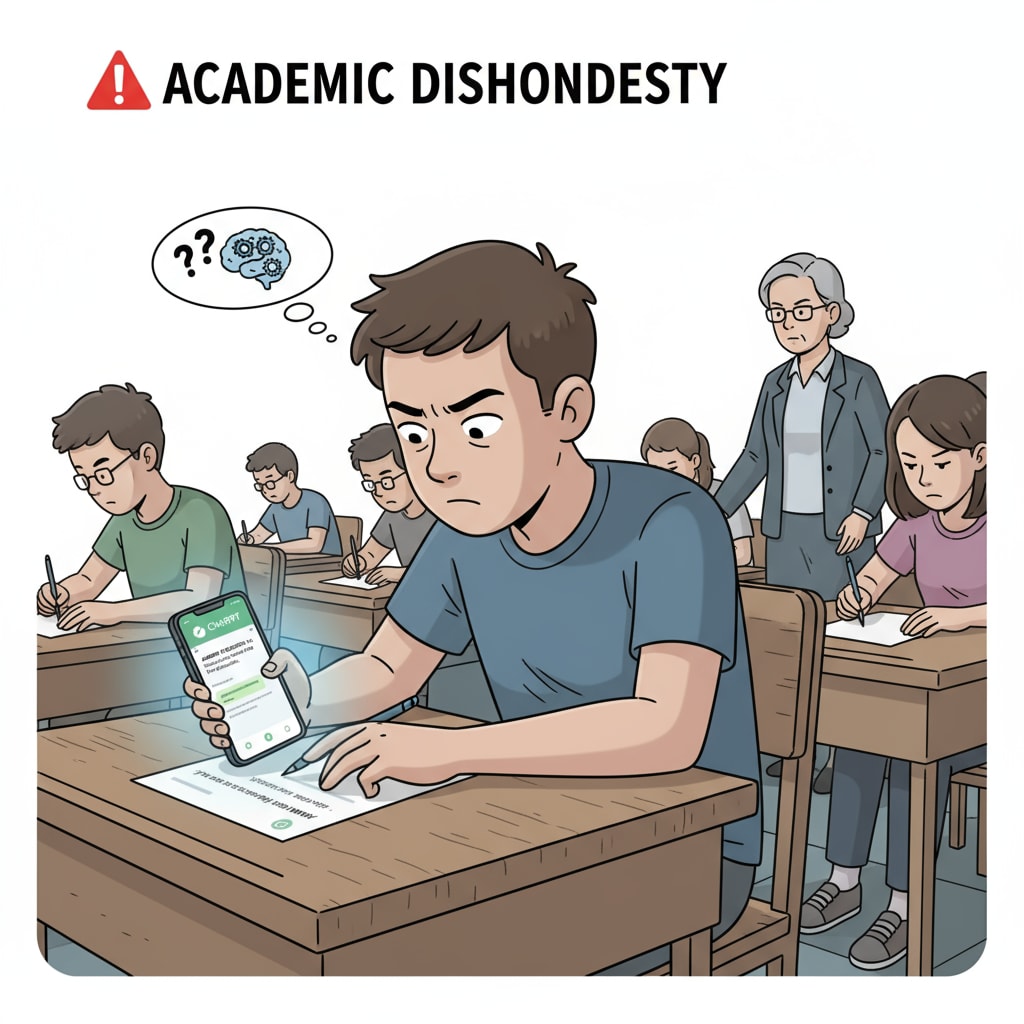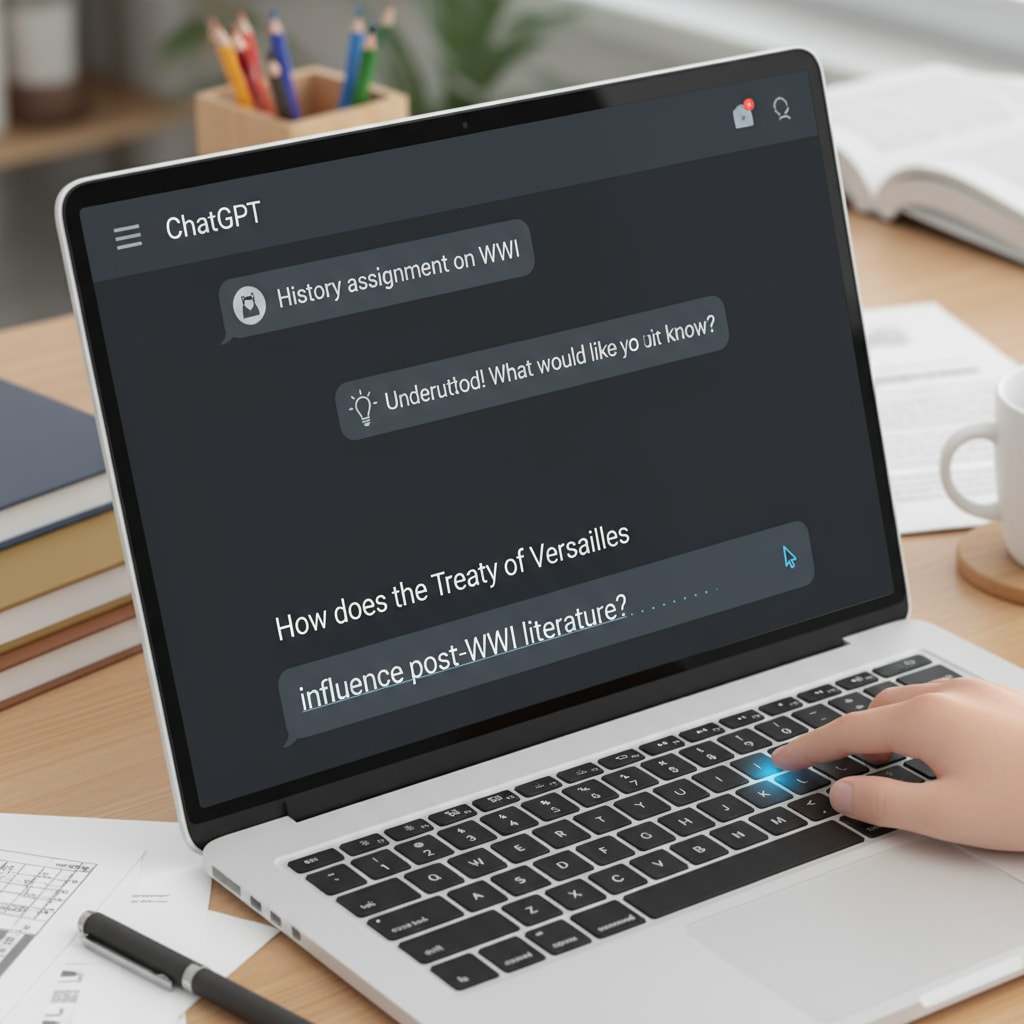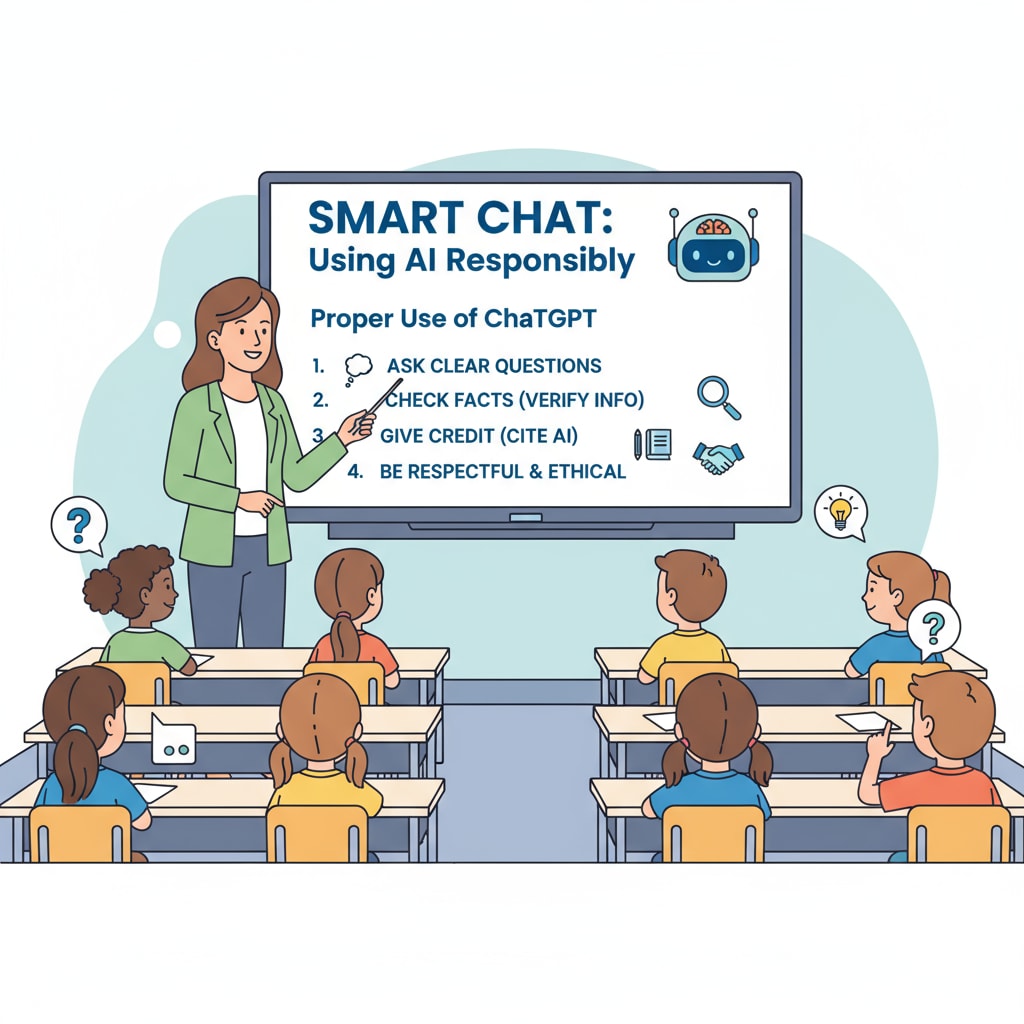The issue of ChatGPT, education, and cheating has emerged as a significant concern in the digital age. With the rapid advancement of AI, ChatGPT has found its way into the educational landscape, but unfortunately, many K12 students are using it as a means to cheat rather than a tool for learning.

This growing trend demands our attention as it undermines the integrity of the educational system.
The Temptation of ChatGPT for Cheating
ChatGPT’s capabilities are both impressive and concerning. It can generate well-written essays, solve complex problems, and provide detailed answers in an instant. For students facing difficult assignments or exams, the allure of getting quick and seemingly perfect solutions is hard to resist. For example, a student struggling with a history essay can simply input the topic into ChatGPT and receive a polished piece within minutes. ChatGPT on Wikipedia This ease of access and the promise of high-quality results are fueling the cheating problem.

Underlying Reasons for Cheating with ChatGPT
There are several factors contributing to this phenomenon. Firstly, the pressure to achieve high grades in today’s competitive educational environment is immense. Students fear that they won’t meet expectations if they don’t perform well. Secondly, some students lack proper study skills and the motivation to learn independently. Instead of putting in the effort to understand the material, they turn to ChatGPT for shortcuts. In addition, the lack of awareness among students about the ethical implications of using AI for cheating also plays a role. Artificial Intelligence on Britannica
The consequences of this cheating behavior are far-reaching. It not only gives an unfair advantage to those who cheat but also devalues the hard work of honest students. Moreover, students who rely on ChatGPT for cheating miss out on the opportunity to develop critical thinking, problem-solving, and research skills that are essential for their future success.
Rewiring the Assessment System
Educators are now faced with the challenge of adapting to this new reality. One approach is to reimagine the way assessments are designed. Instead of relying solely on traditional written exams and assignments, educators can incorporate more hands-on projects, group discussions, and in-class presentations. These forms of assessment are more difficult to cheat on as they require students to demonstrate their understanding in real-time.
Another important aspect is educating students about the proper use of technology. By teaching them digital literacy and the ethical use of AI, educators can help students understand that technology should be a tool for learning, not a means to cheat. Additionally, schools can implement strict policies regarding the use of AI in academic settings, clearly defining what constitutes cheating and the consequences for violating these rules.
In conclusion, the issue of ChatGPT, education, and cheating is a complex one that requires a multi-faceted approach. By understanding the reasons behind this trend, educators can take proactive steps to safeguard the integrity of the educational system and guide students towards using technology in a responsible and beneficial manner.

Readability guidance: Using short paragraphs and lists helps summarize key points. Each H2 has a list-like structure to present ideas clearly. The passive voice and long sentences are kept in check, and transition words are used throughout the text to enhance flow.


